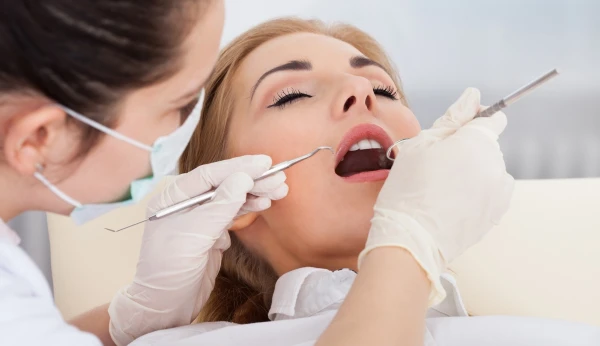
We all dream of a beautiful, white smile. Professional teeth cleaning helps remove stubborn plaque and tartar that cannot be eliminated with a regular toothbrush, improves enamel color, and prevents inflammation and cavities. However, like any medical procedure, it has its limitations. Aram Davydyan, a dental surgeon, implantologist, and orthopedist, explains when to postpone cleaning and what measures can help maintain dental health without it.
Why Professional Cleaning Is Necessary
Dental plaque and tartar are not just cosmetic nuisances. They serve as a refuge for bacteria that provoke gum inflammation, bad breath, and enamel destruction.
Regular removal of deposits allows:
- to reduce the risk of cavities and periodontitis;
- to restore the natural smoothness and color of teeth;
- to improve breath and the overall condition of the mucosa;
- to extend the lifespan of fillings, crowns, and implants.
However, there are situations when dental intervention may be not only ineffective but also harmful.
When to Postpone Cleaning
1. Inflammatory Processes in the Oral Cavity
"If a patient has an active stage of gingivitis, periodontitis, or aphthous stomatitis, professional cleaning will provoke even more inflammation and pain. First, the patient needs to undergo anti-inflammatory treatment, and only after that can we take care of the beauty of the smile," says Aram Davydyan.
2. Viral and Skin Diseases
It is advisable to postpone a visit to the dentist if there is active herpes on the mucosa of the mouth or lips. "Manipulations in the mouth can provoke the spread of infection. Leukoplakia and other changes in the mucosa also require caution — here, careful monitoring by a doctor and a gentle approach are important to avoid trauma," warns the expert.
3. Increased Sensitivity of Enamel
If you have sensitive tooth enamel, cleaning may cause harm. Even slight contact with instruments causes pain. If you are still set on cleaning and whitening your teeth, it is recommended to strengthen the enamel with fluoride gels, remineralizing pastes, or to undergo a desensitization course before cleaning. The dentist may suggest local anesthesia or gentle techniques using low-power ultrasound.
4. Possible Allergic Reactions
Sometimes contraindications are not related to the condition of the teeth but to individual characteristics of the body — for example, latex allergy or intolerance to polishing and rinsing components.
Conditions Requiring Increased Attention from the Doctor
Some patients may not have pronounced contraindications to cleaning. However, there are a number of conditions that an experienced doctor should pay attention to in order to assess possible risks.
1. Blood Disorders
"In cases of blood clotting disorders (such as hemophilia) or when taking anticoagulants, prior consultation with a therapist is necessary. Even slight bleeding of the gums can lead to complications," warns the dentist.
2. Heart and Vascular Pathologies
Those who have recently undergone heart surgery should not rush into teeth cleaning to eliminate the risk of infection. In cases of uncontrolled hypertension, the procedure may also cause a spike in blood pressure, so it is important to normalize indicators before visiting the dentist.
3. Pregnancy and Breastfeeding
In the first and third trimesters, it is better to avoid any dental interventions. "The optimal time for preventive cleaning is the second trimester. The doctor chooses gentle methods, avoiding aggressive pastes and high-power ultrasound. During lactation, cleaning is allowed, but if anesthesia or antiseptics are needed, safe medications are selected," says the expert.
Relative Contraindications
Some conditions require only adjustments, not a complete refusal of the procedure:
-
Orthodontic appliances. Braces, implants, and bridges require delicate cleaning using special attachments and soft powders.
-
Diabetes. If blood glucose levels are stable, cleaning is possible but must be performed with mandatory antiseptic treatment and monitoring of tissue healing.
-
Psycho-emotional tension. A strong fear of the dentist can provoke spikes in blood pressure. In such cases, sedative and pain-relieving techniques are recommended.
Alternatives to Professional Cleaning
If the procedure is contraindicated, it is important to maintain dental hygiene through alternative methods. What is suitable:
-
Thorough home hygiene. Brushing teeth with a medium-hard toothbrush twice a day, using floss and interdental brushes will help reduce plaque formation.
-
Antiseptic mouthwashes. Products containing chlorhexidine suppress pathogenic bacteria and improve gum condition.
-
Toothpaste for sensitive teeth. They contain potassium salts and fluorides that strengthen enamel and reduce pain responses.
-
Monitoring the condition of the oral cavity. Visiting the treating doctor for an examination every six months allows for timely detection and prevention of complications.
Professional teeth cleaning is effective and safe, but it is not suitable for everyone. Sometimes the body requires a break, preparation, or treatment before sitting in the dentist's chair. A competent doctor will always assess your health status, choose a gentle format for the procedure, or suggest temporary alternatives.


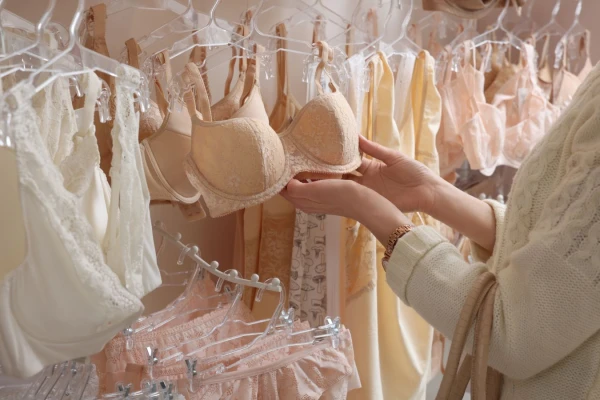
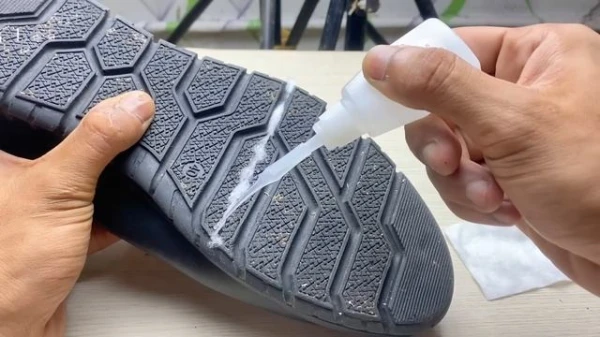






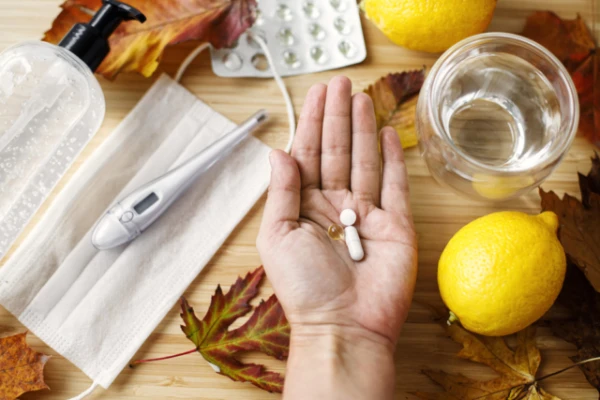
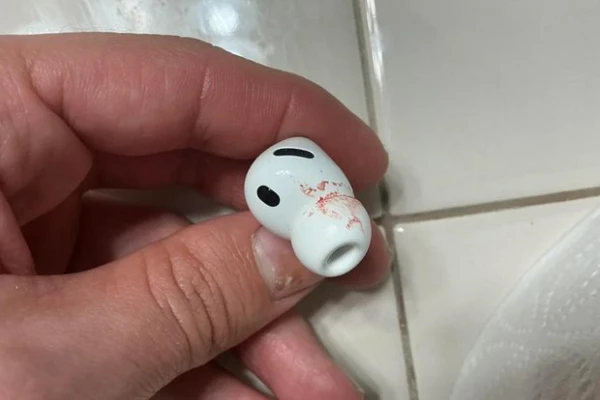


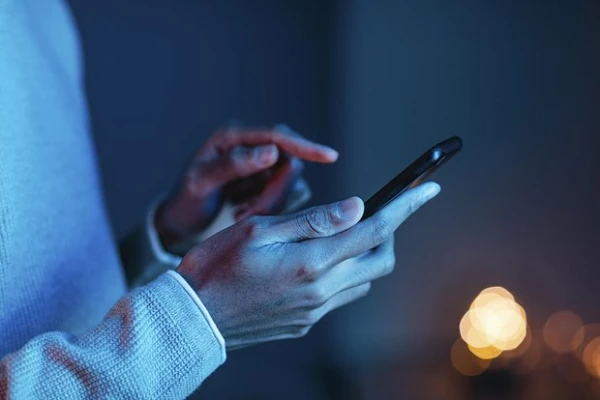
Leave a comment